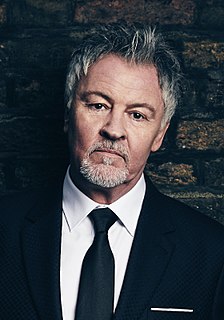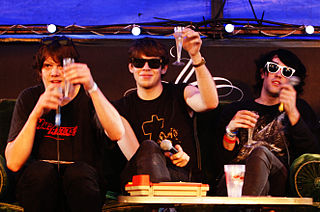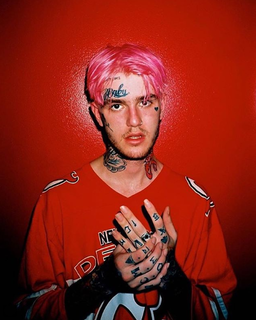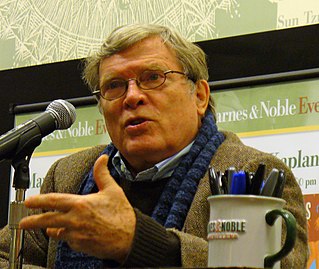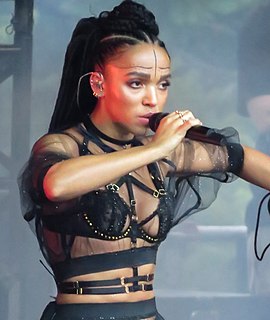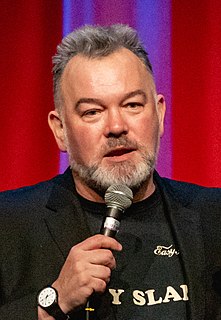A Quote by Duncan Jones
Bowie is my dad's stage name, so I was never, ever called Zowie Bowie. The tabloids liked that because it rhymed.
Related Quotes
My son's full real name is Duncan Zowie Haywood. As a toddler he was called by his second name Zowie. But it was such an identifiable name during the Seventies that if I called him loudly in public places, everyone would turn to stare, so I started calling him Joey to take the pressure off. It has the same sound and number of syllables as Zowie. And Joe stuck for most of his childhood. Now he has reverted to his real name, Duncan. Haywood was my father's name.


